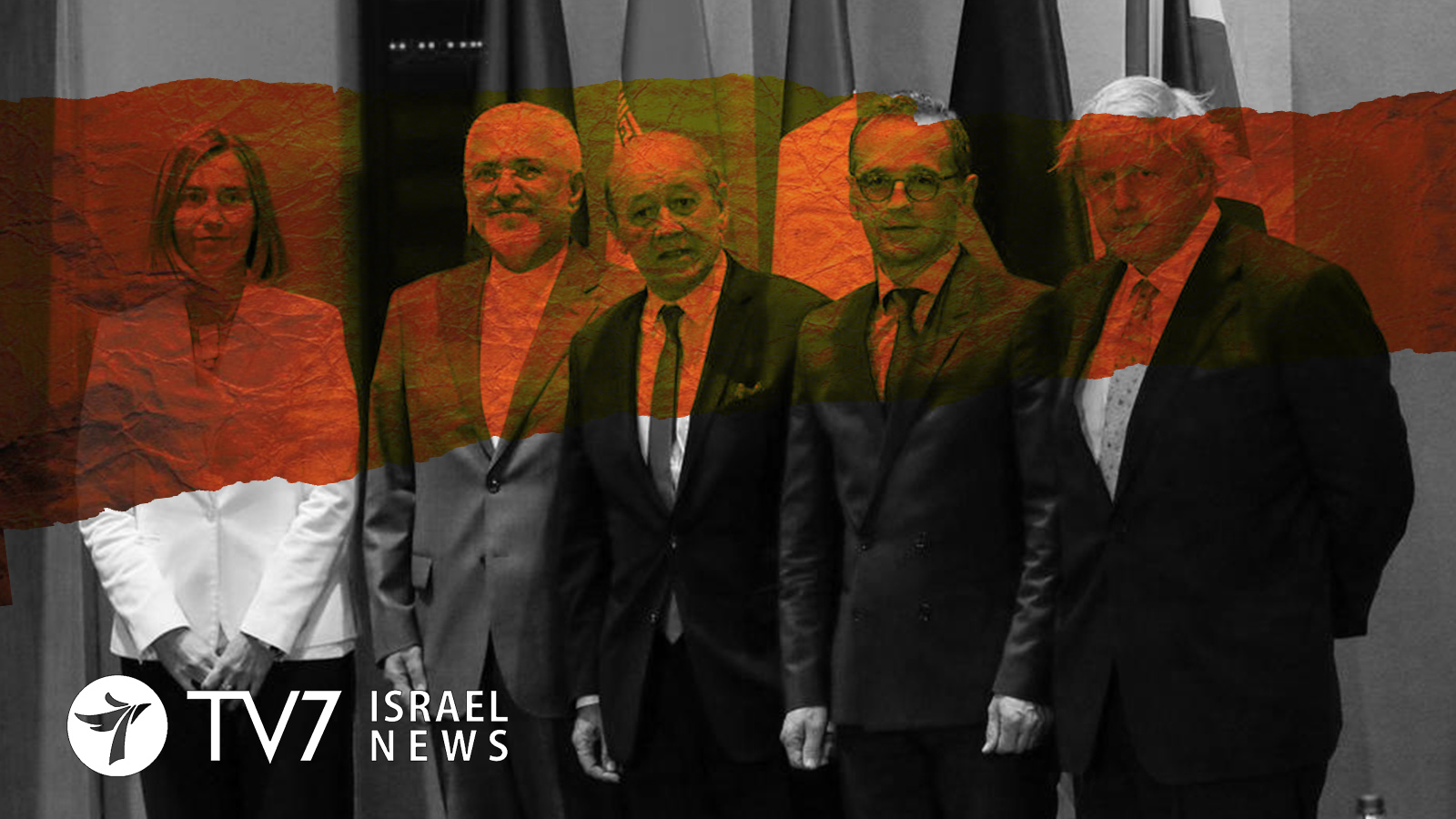Syrian Prime Minister Imad Khamis announced, together with Iran’s Vice President Eshaq Jahangiri, that the two countries had signed several memorandums of understanding, which aim to bolster bilateral cooperation in trade and economy. In a joint-press conference with the Iranian Vice President, the Syrian Prime Minister declared the agreements struck between the two countries as a historic phase for future cooperation. According to Imad Khamis, the Syrian Prime Minister, “It is a really historic phase for a unique joint co-operation with a long-term economic agreement that includes many industrial, agricultural, services, infrastructure, oil, power and many other fields.” The Iranian Vice President, on his part, vowed the Islamic Republic’s continued support for the Assad regime, and declared “the victory against terrorism in Syria, as a victory for itself.” Eshaq Jahangiri, the Iranian Vice President said, “We will be by Syria’s side for the reconstruction phase as we have been by its side in fighting terrorism.” / “Iran considers the victory against terrorism in Syria a victory for itself.”
While Syrian officials revealed that the agreements covered the fields of education, housing, public works, railways, and investments – among others; they refused to provide further details.
The announced agreement between Damascus and Tehran came just one day after British Minister of State for the Middle East and North Africa has urged the Iraqi government of Baghdad to move away from economic reliance on the Islamic Republic of Iran. While Minister Alistar Burt confessed that expectations of an Iraq without Iranian influence is “fanciful,” yet underscored the fact that Iraq is a country that is not short of resource” and is capable of becoming self-dependent. According to Burt, “I think to expect Iran to have no influence in Iraq is fanciful bearing in mind the history of the states and the proximity of Iran. What is important is that Iraq finds the opportunity to follow its own future in terms of foreign relations and that its economy is strong and isn’t reliant on Iran.”
The Statement by the British Minister for the Middle East comes in-spite of efforts by the United Kingdom, along-side its European Union partners, to establish a financial mechanism vehicle that will allow for European companies to continue doing business with Iran, despite tough international sanctions that were imposed against the Islamic Republic by the United States. In a televised radio interview with French Finance Minister Bruno Le Maire, such an economic agreement, dubbed as a “special purpose vehicle”, should be signed within the next few days. “The United States imposed extra-territorial sanctions to Iran. That means that our companies can no longer do trade with Iran because they can simply not get paid as all the payments go through banks which depend on American banks and American investments.”/ “We are going to create in the coming days an independent European financial institution with Great Britain, Germany and France. The agreement will be signed in the next few days so that we are can continue, thanks to this independent financial institution, to trade with Iran even if the United States doesn’t want that,” said Bruno Le Maire, the French Finance Minister.
In response to the statement by the French foreign minister, along with several other statements on the matter by European officials; the United States has put the Europe Union on notice, warning that if it tries to circumvent US sanctions on Iran, European companies will be subject to stiff fines and penalties.
